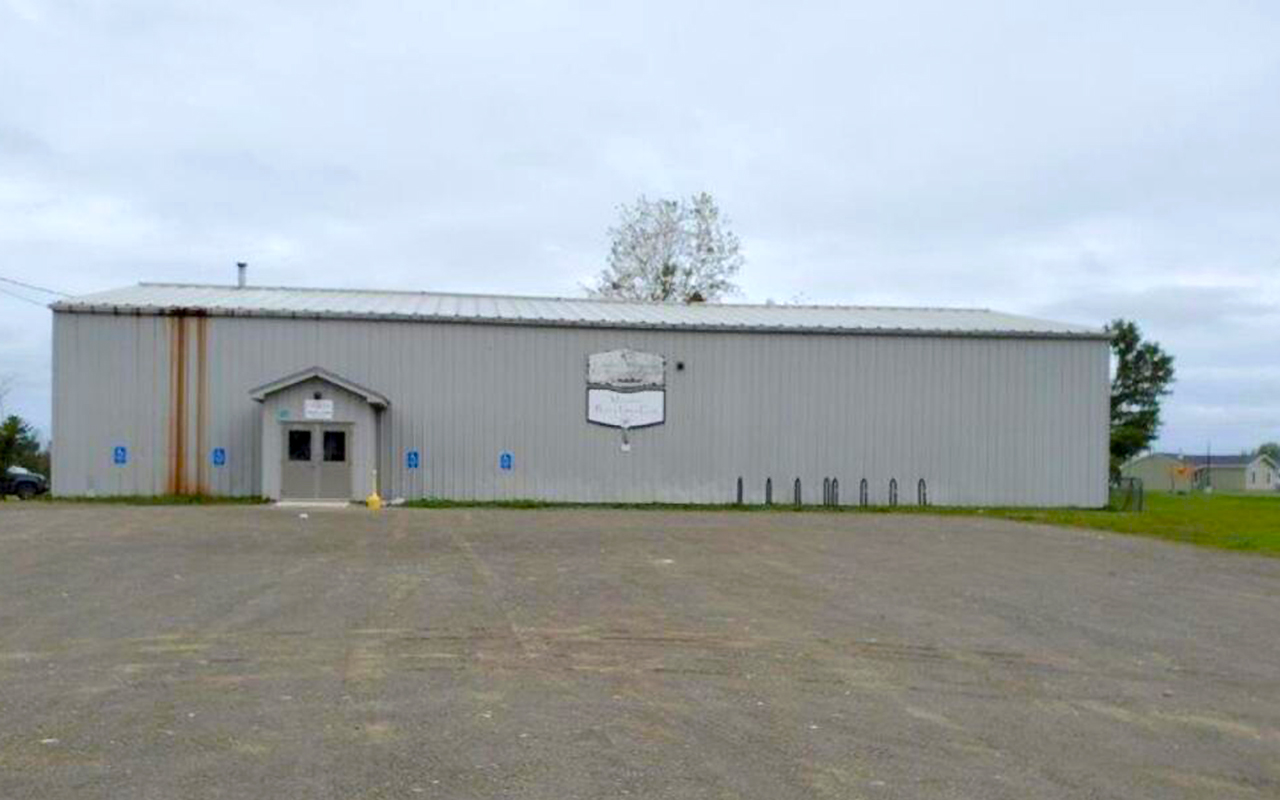
HOULTON, Maine — The United States Department of Agriculture has awarded a $50,000 grant to the Houlton Band of Maliseets to build a commercial kitchen at the tribe’s community center.
The grant was one of eight grants given by the USDA to rural community centers across Maine, totaling $5.4 million. It also comes shortly after the tribe received a $900,000 Indian Community Development Block Grant from the U.S. Department of Housing and Urban Development, which also went toward the community center.
“The initial [ICDBG] grant was for construction. You can’t buy equipment with it,” said Rosa McNally, the grant writer and project manager for the Houlton Band of Maliseets. “So this grant would supply the equipment that we needed.”
The USDA grant money will be used to buy materials such as commercial refrigeration, kitchen equipment and stainless steel counters. The community center, which originally was founded 20 years ago as an after-school program location, is now used for many different purposes and events in the community, and its current kitchen cannot meet the demands of all users of the center.
“A real cultural component for the tribe is surrounded by the feast,” said McNally. “So even if it’s a snack or whatever, we have all kinds of activities that take place there. We have educational opportunities. We have tax preparation. We have domestic violence and awareness classes there.”
The community center will also have several other renovations with funding from the previously received ICDBG, such as to the sprinkler and fire alarm system, electrical and lighting upgrades, exterior painting and parking lot paving.
“We are grateful for the long-term partnership between the Houlton Band of Maliseet Indians and USDA,” said Maliseet Chief Clarissa Sabbatis regarding the USDA grant. “The Community Facilities Program is an essential match for meeting our equipment needs; especially for construction and rehabilitation projects. The ultimate outcome benefits our community by providing a safer space to congregate for education, health, cultural and socialization activities.”




